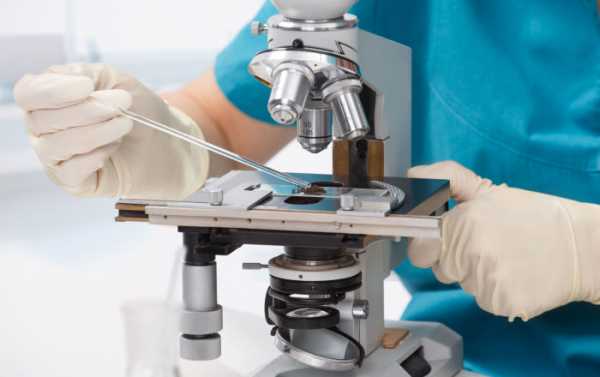
Following successful trials involving monkeys with Parkinson’s disease, Japanese researchers are ready to begin the first human trials of a kind of stem cell treatment for the neurodegenerative illness.
Researchers at Kyoto University’s Center for iPS Cell Research and Application told reporters Monday the trials will begin next month and will not only treat symptoms of the disease, but actively reverse its effects.
The method will make use of Pluripotent Stem cells (iPS), which have the ability to develop into any cell in the body, by injecting them into patients’ brains to regenerate parts damaged by the disease, Channel News Asia reported.
“This will be the world’s first clinical trial using iPS cells on Parkinson’s disease,” Jun Takahashi, professor at Kyoto University’s Center for iPS Cell Research and Application, told a news conference.
“We intend to carry on conducting our research carefully, yet expeditiously, in coordination with Kyoto University Hospital, so that new treatment using iPS cells will be brought to patients as soon as possible,” Shinya Yamanaka, who heads the center, said in a statement. Yamanaka shared a Nobel Prize for medicine in 2012 with British scientist John Gurdon for discovering that adult cells can be transformed back into embryo-like cells, Reuters noted.
While many countries have bans on using stem cells, which are often harvested from embryos, on ethical grounds, iPS cells are collected from adult cells by stimulating them so that they turn back into their juvenile state. That means they can be collected from the patient, making them more likely to be successful, while also sidestepping ethical questions about stem cell use.
However, in this test, the iPS cells came from healthy donors, Channel News Asia noted.
Parkinson’s disease is caused by a lack of dopamine produced by the brain, so the aim of the therapy is to turn the stem cells into new dopamine-producing cells.
The clinical test will involve seven volunteers between the ages of 50 and 69, who will be monitored by researchers for two years after the stem cells are implanted into their brains.
Science Daily noted last August that the previous study, done on monkeys, showed significant improvement in the subjects and no new tumor formation at the end of the two-year trial.
If all goes well, pharmaceutical companies could begin manufacturing a drug based on the trials in 2023, Reuters noted.
The Michael J Fox Foundation for Parkinson’s Research, established by and named after the actor who lives with the disease, has expressed a measured optimism about stem cell therapies for Parkinson’s.
“Although ES [embryonic stem cells] (and now iPS) cells hold great potential, we do not yet know which stem cell type ultimately holds the greatest promise. Thus, researchers require scientific freedom to pursue research on all types — including ES, adult and IPS cells — in order to yield results for patients,” the website, which coordinates funding for stem cell research, reads.
Sourse: sputniknews.com






